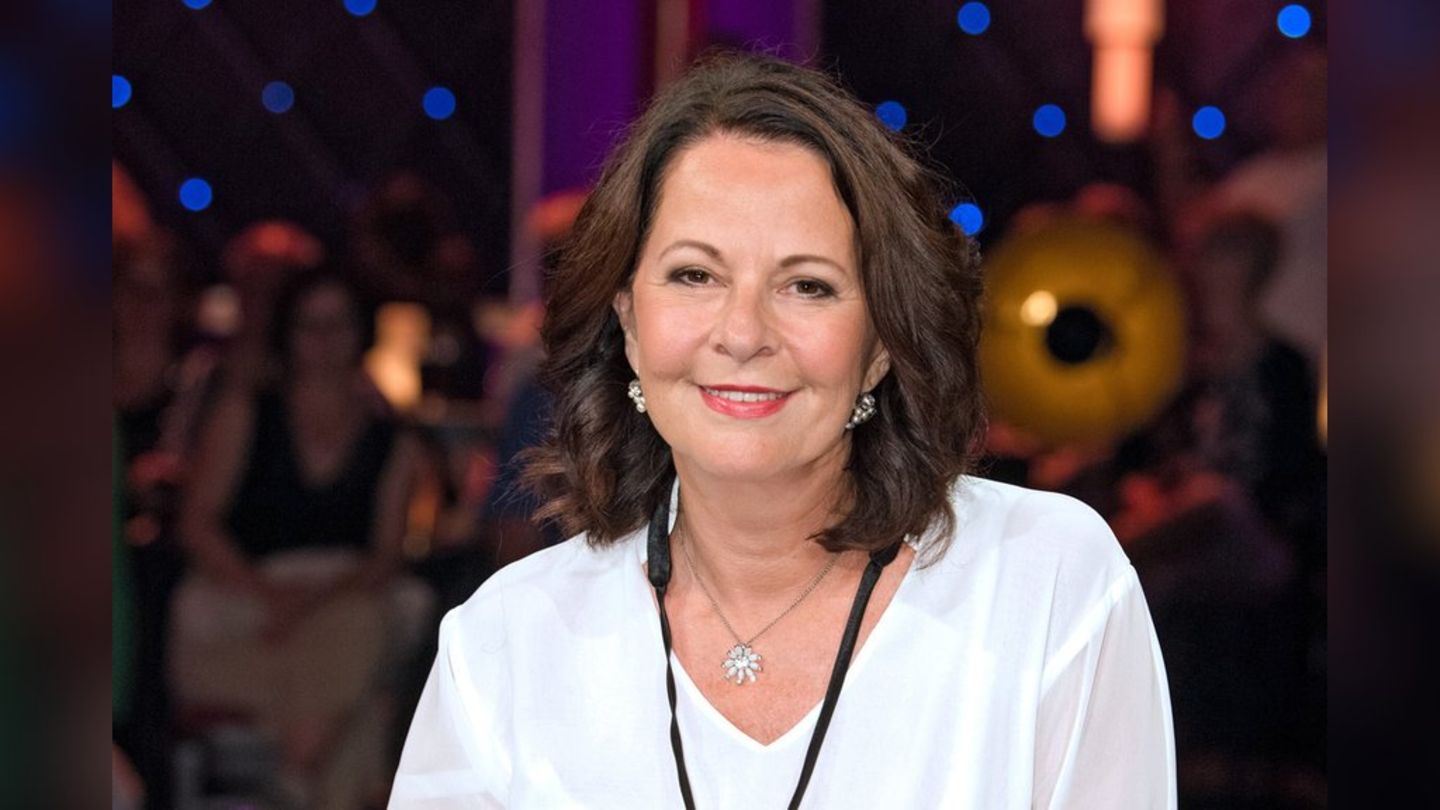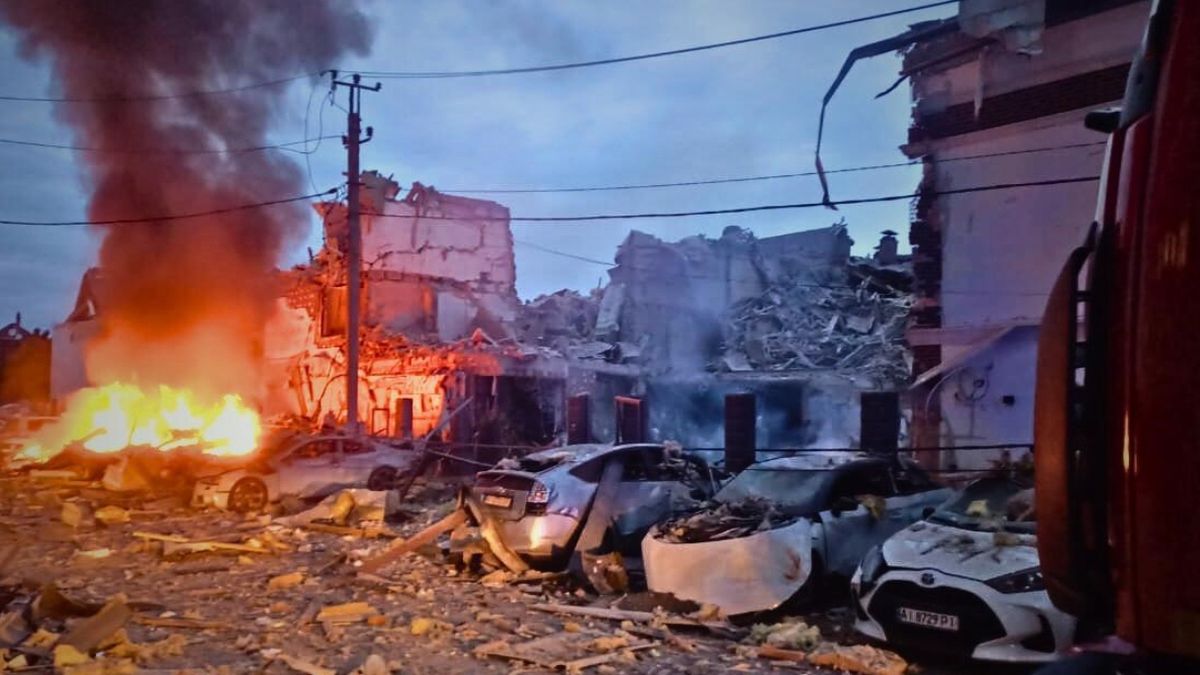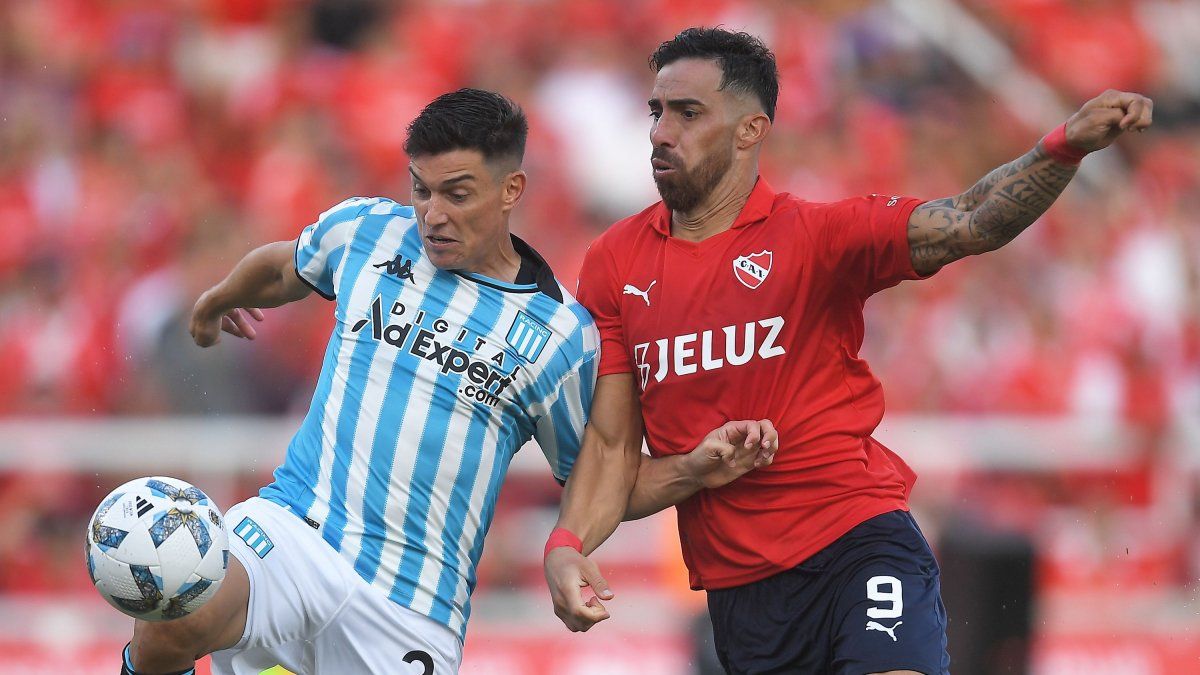The car manufacturer wants to secure the supply of its future electric cars with batteries. Now the Stuttgart partners have found. The new alliance is also well received by Minister for Economic Affairs Altmaier.
The car manufacturer Daimler joins the battery cell alliance of the large French corporations Stellantis and Totalenergies to supply its electric cars. The Mercedes-Benz passenger car division becomes equal shareholders in the Automotive Cells Company (ACC) with a third.
Mercedes wants to invest a total of less than one billion euros, including a mid three-digit million amount in the coming year. In addition, the Swabians want to contribute technology and production know-how.
Economy Minister Altmaier sees a breakthrough
“Together with ACC we will develop battery cells and modules in Europe and produce them efficiently – tailored to the specific requirements of Mercedes-Benz,” said Daimler boss Ola Källenius. Federal Minister of Economics Peter Altmaier (CDU) welcomed the move and spoke of the biggest breakthrough to date for a battery cell project.
It was only in July that Daimler publicly decided to invest in battery cell plants itself in order to secure the supply of its future electric cars with batteries. Since then, Källenius has been looking for partners for the project to set up a production capacity of more than 200 gigawatt hours (GWh) of battery cells per year by the end of the decade. By 2030, Daimler wants to be able to sell only fully electric Mercedes-Benz cars, wherever market conditions allow. In mathematical terms, 200 gigawatt hours of cell capacity would be sufficient for 2.5 million current Mercedes EQC models, each with 80 kilowatt hours (kWh) of electricity storage.
New jobs
The alliance with the French auto giant Stellantis (Peugeot, Citroen, Opel, Fiat) and the oil company Totalenergies is part of these efforts. According to Daimler, ACC aims to produce at least 120 gigawatt hours of battery cells per year by the end of the decade. How much of this is planned for Daimler was initially not known. From the middle of the decade, ACC will supply Mercedes-Benz with battery cells and modules from factories in Germany and France. The total investment in ACC is expected to amount to more than 7 billion euros.
According to the Federal Ministry of Economics, the ACC consortium has been supported within the European Union and by France and Germany since 2018 as part of a joint European project (IPCEI – Important Project of Common European Interest). “It is already clear that tens of thousands of jobs will be created in battery cell production in Germany alone over the next few years,” said Altmaier. The cooperation between Germany and France has the potential to create a new battery champion in Europe.
Pioneer in battery production?
Together with the Tesla project and the other 14 projects funded as part of the European battery projects, Altmaier believes that Germany can become a focus of global battery production. “This is the most successful industrial policy project since Airbus.”
The Federal Ministry of Economics is funding battery projects in Germany according to its own information with around 3 billion euros. In total, almost 60 companies from 12 EU countries are taking part in both IPCEI projects in Europe. In addition, there are several 100 companies from Europe that indirectly benefit from the IPCEI as suppliers, research institutes or partners.
A real boom in battery cell production can be observed in Europe, it said. The construction of several “gigafactories” is planned and partially implemented. Across Europe, around 100,000 new jobs would be created in the battery sector by 2030. In Germany alone, the 16 funded IPCEI companies invested more than 13 billion euros and, according to the ministry, are creating around 10,000 direct jobs.
Jane Stock is a technology author, who has written for 24 Hours World. She writes about the latest in technology news and trends, and is always on the lookout for new and innovative ways to improve his audience’s experience.




